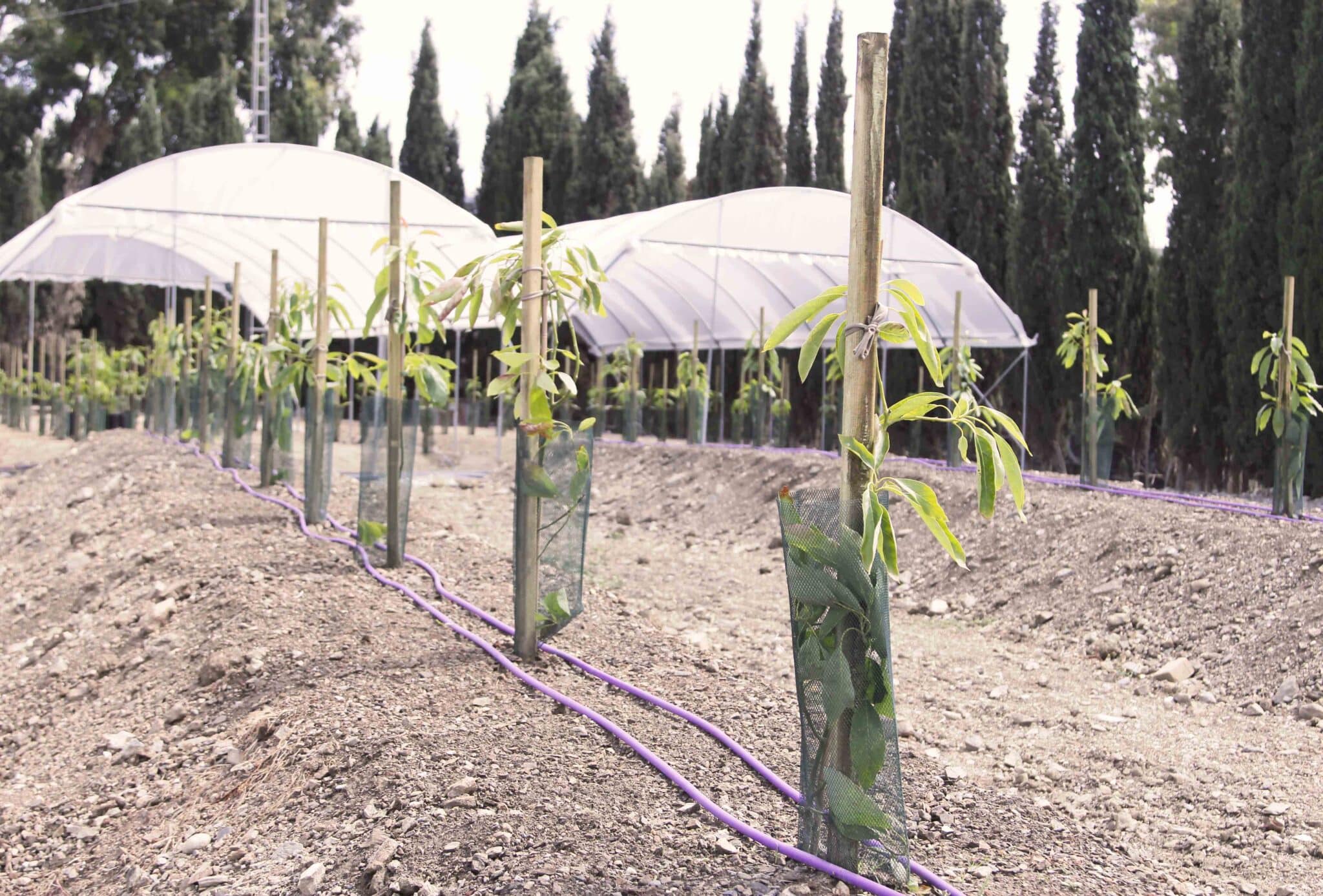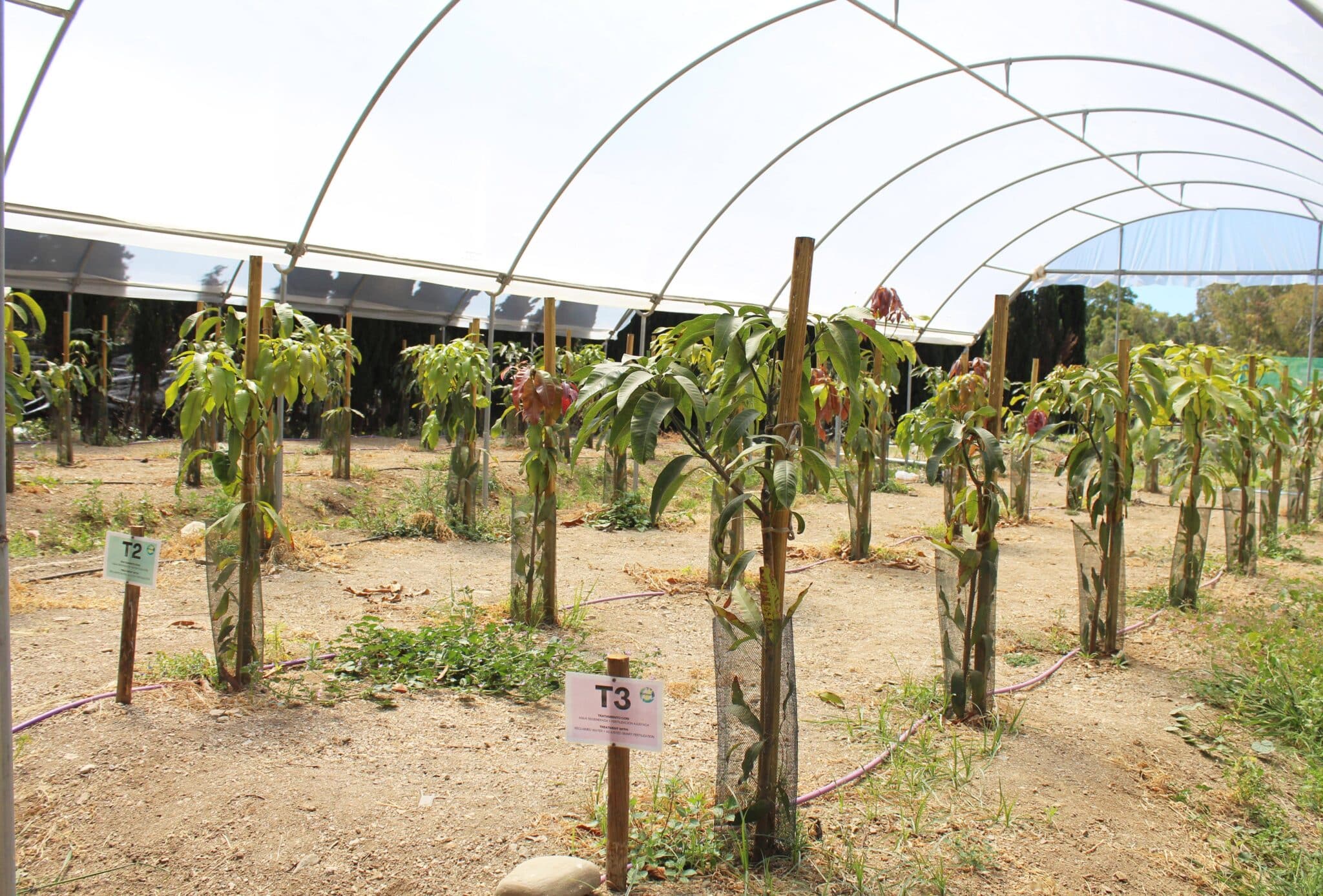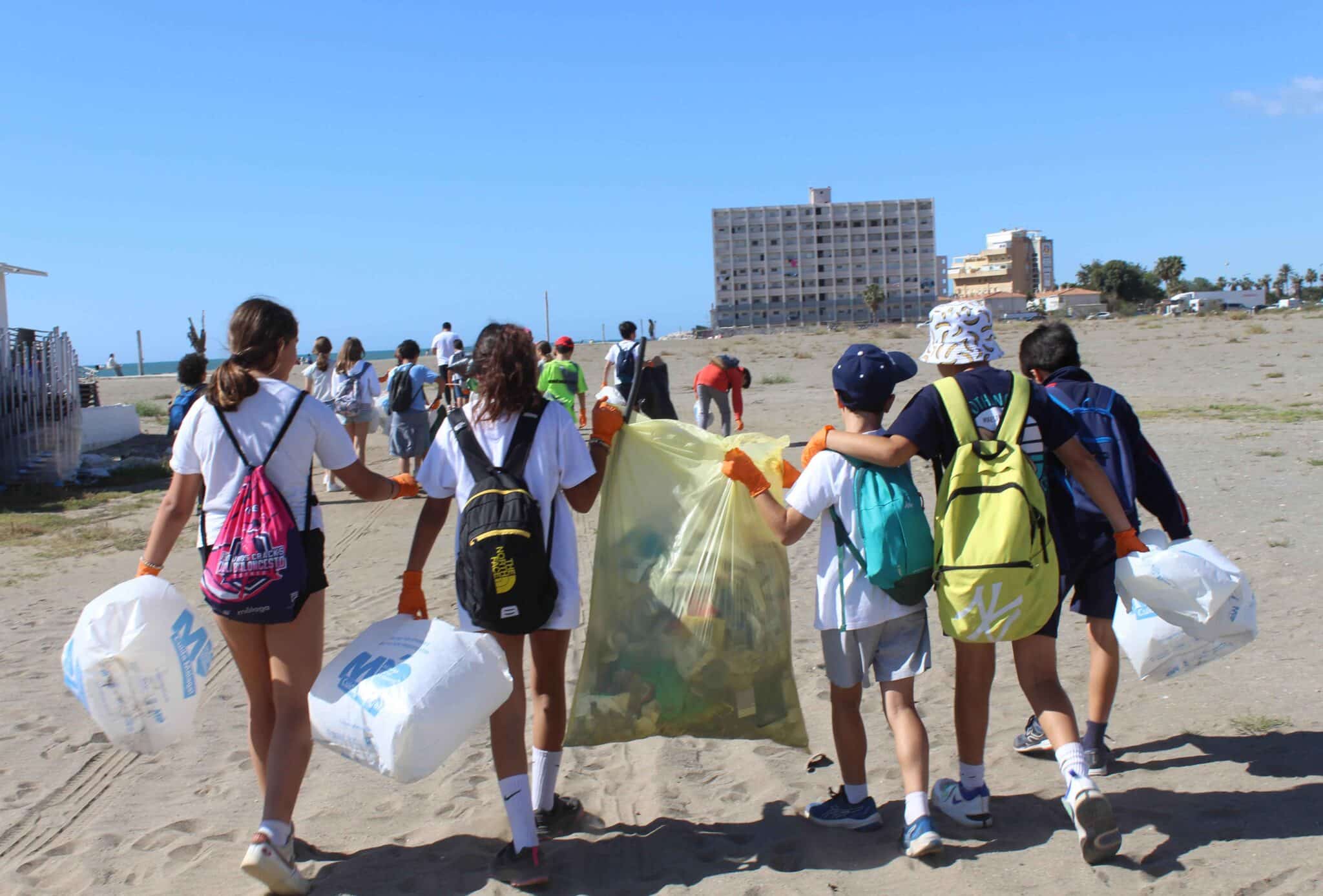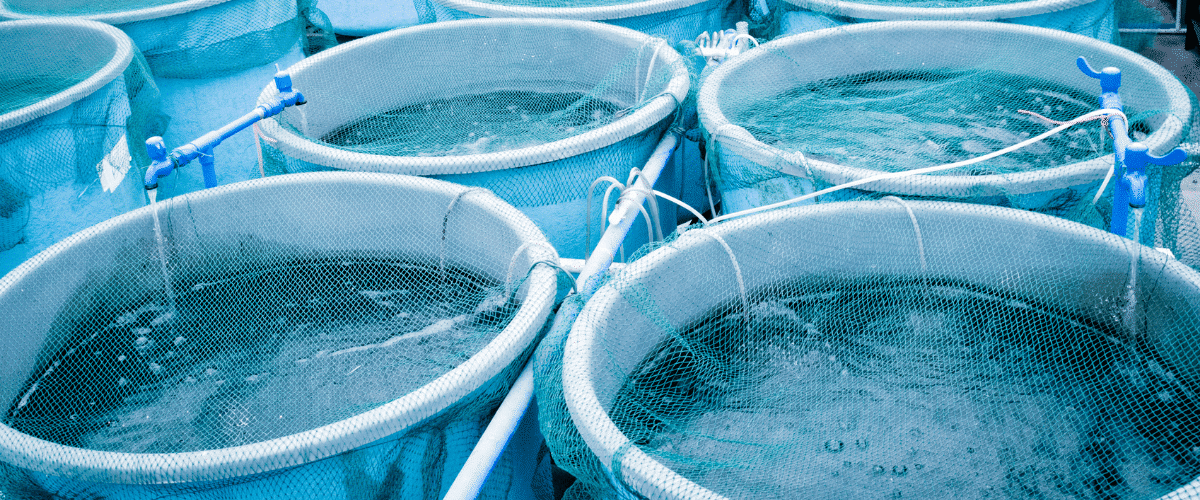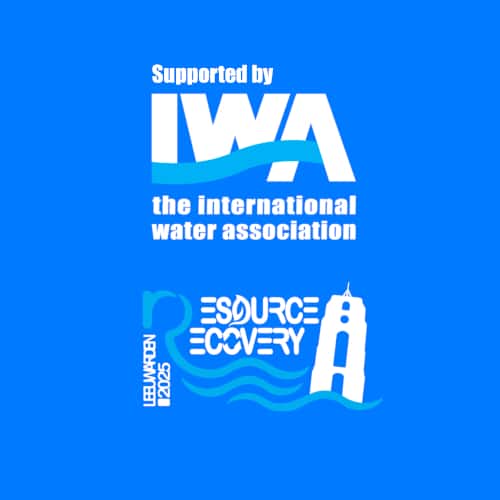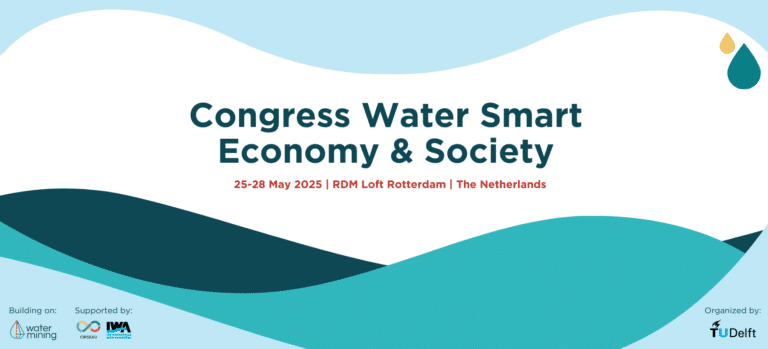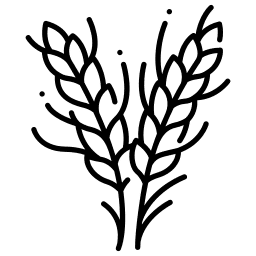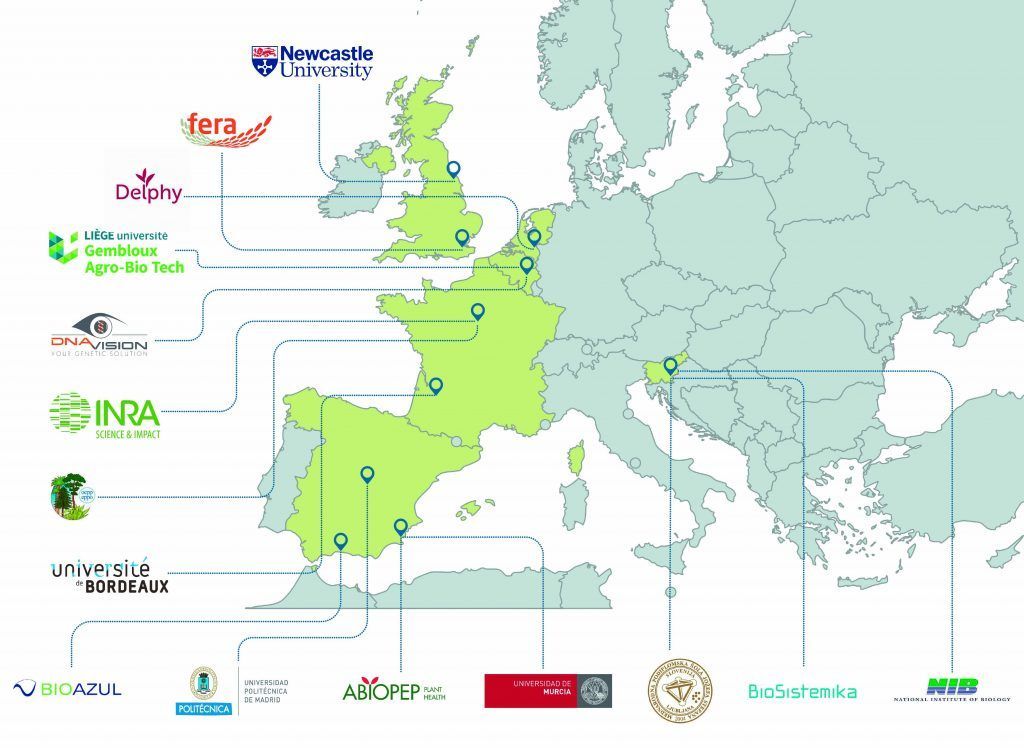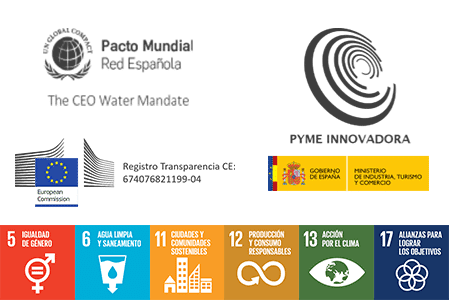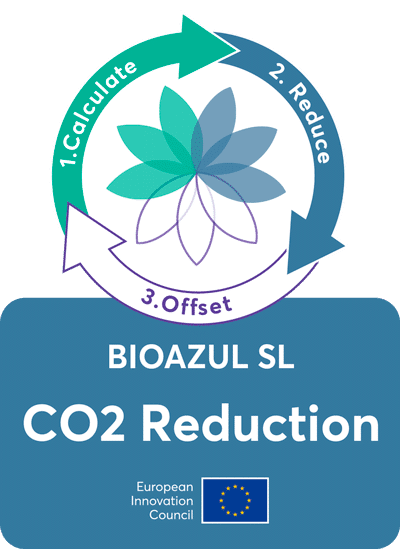Plant viruses cause 50% of the emerging plant diseases and pose an important threat to many agricultural crops worldwide. Whilst in developing countries they impact food security, in developed countries impact is predominantly economic. Globally plant viruses are responsible for production losses estimated at €15 to 45 billion per year through lower yields and reduced product quality.
To contribute to this challenge, INEXTVIR has delivered a transdisciplinary research and training approach combining applied and fundamental plant virology, ecology, NGS (Next Generation Sequencing) platform development, computer science (bioinformatics), agronomical, socio-economic and regulatory sciences, to better understand, control and exploit the virome of selected agricultural crops and ecosystems across Europe, delivering political, economic, industrial, social and environmental benefits.
The new results generated within the project enabled to raise the technological level of high throughput sequencing (HTS) use in plant virology and open new horizons for research is several directions. The results of the project have contributed to the establishment of guidelines for both, HTS use for plant virus diagnostics, including definition and establishment of procedure-specific controls (European plant protection organisation standard published) and also for virus characterisation (new version of guidelines published as a direct result of the project). Innovative tools have been developed enabling contamination monitoring in HTS experiments and one of the first implementations of deep learning for virus discovery.
A huge amount of new plant virus discoveries within the project certainly represents a step beyond state of the art and also now enable both, opening of new research frontiers studying those viruses, as well as additional discoveries of novel viral agents, which were previously too divergent to be detected. Finally, new perspectives in virus ecology have been elucidated, e.g., by providing for the first time, clear examples on how water viromes can be used to increase the knowledge on plant virus presence and diversity in the ecosystem, which could be further employed for innovative approaches for virus surveillance in environment.
New virus findings, new diagnostic assays, frameworks and decision trees published during the project are being adopted by EU policy bodies such as European plant protection organization (a partner organization in the project) and transferred to the wider EU plant protection laboratories through European reference laboratories. The knowledge and expertise generated within the project on the detection of viruses in environmental water bodies has also been exploited to implement in Slovenia a nationwide SARS-CoV-2 monitoring in wastewater.
